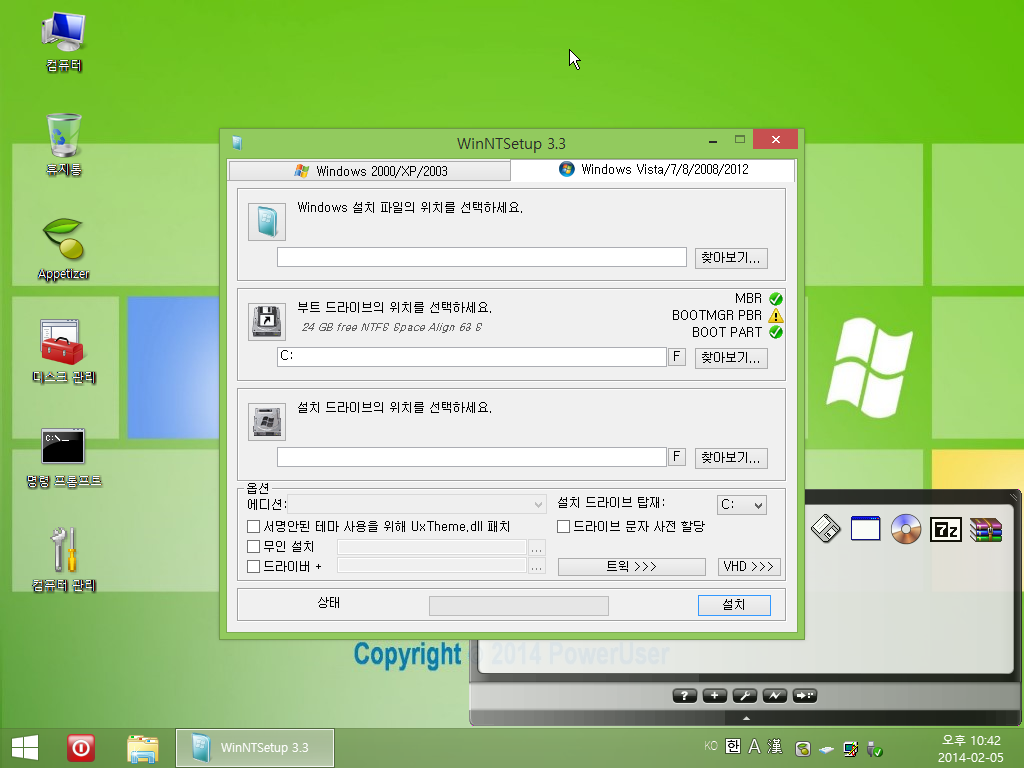

It's got a number of command-line scripts, a VBS script and a readme that says, "CreateStandAloneInstall.cmd has to be run from a Razzle window".

lol), and other 403x builds I have here, there is a folder in the root of the ISO called, "VIEWER_SETUP". Forgive me if you have already covered this or been asked at some point through this thread, but in leaked build 4033 (I think it leaked, at least. Windows 10 users will be disappointed by the lack of more current tweaks we typically use.Your personal implementation of Razzle reminded me of the reference in early Longhorn builds. Overall, WinNTSetup is excellent for anyone who needs to mass-deploy any Windows version, saving time and applying a few standard tweaks. While it should work on all Windows versions, USB drives are only supported on Windows 10, 8, and 7. Another missing option many of us use is disabling indexing to speed up drive access.įinally, there is the option to import registry tweaks. Windows 10 & 11 users are now more interested in privacy, removing Cortana and other missing settings. Some examples are removing "shortcut to" arrows, disabling system restore, XP style taskbar buttons, showing Quick Launch, etc. There's a settings button with twenty-five additional tweaks, but they're more geared towards the standard tweaks applied on older operating systems. Additional options are given, including patch UxTheme.dll, unattended installation, adding drivers, drive letter pre-assignment, mode, tweaks, and VHD (Virtual Hard Disk). You need to select the location of the Windows installation files, the boot drive location, and the location of the installation drive. There are balloon tips if you mouse over anything you don't understand. It is split into two tabs, one for Windows 7 and newer and another for only Windows 2000, XP, and 2003. WinNTSetup is designed to customize your Windows operating system before installing it, primarily for mass deployment.ĭuring the installation, you will be prompted to download the Windows Assessment and Deployment Kit (Windows ADK), a Microsoft app that's around 2MB.


 0 kommentar(er)
0 kommentar(er)
